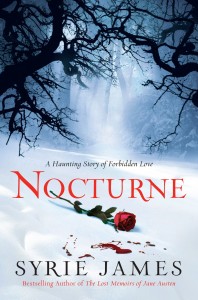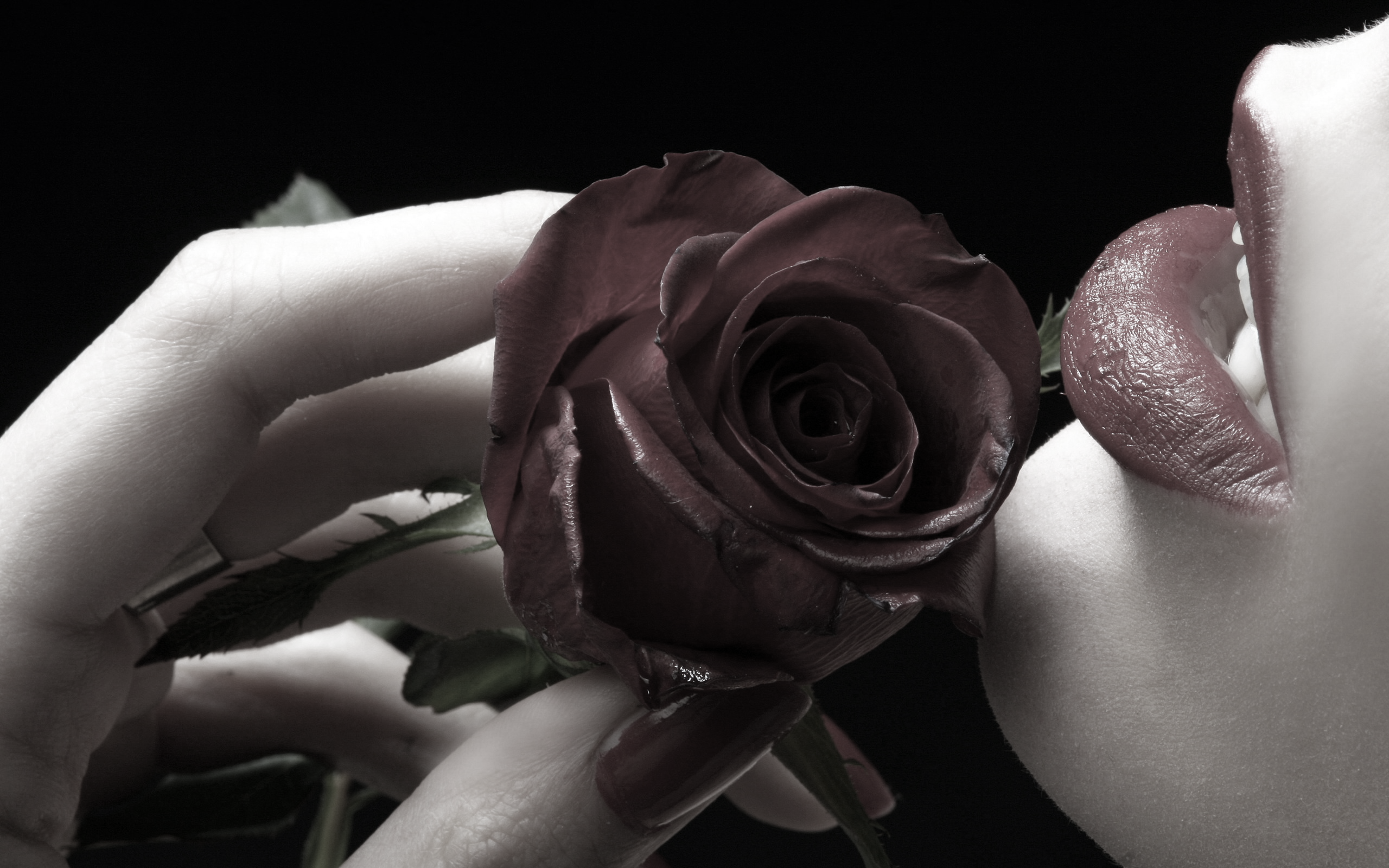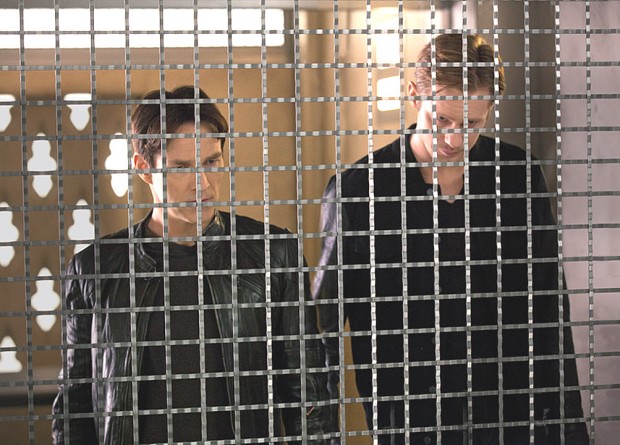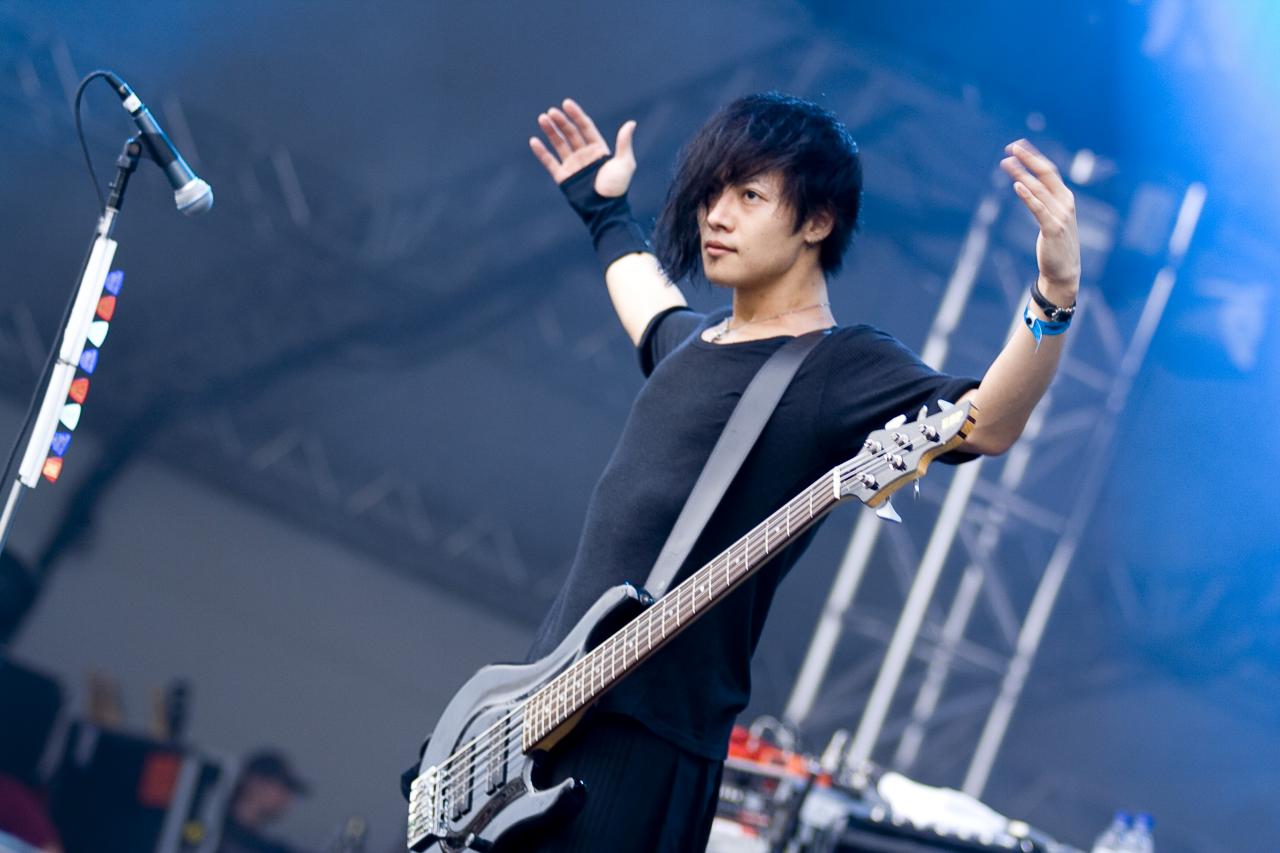DarkMedia interviews author Syrie James:
Syrie James is an author and screenwriter. Her name is pronounced “Sear-ee” (rhymes with Dearie.) Apparently, her first name was inspired by a character in a radio show her mother listened to as a little girl–at least that’s what her mom told her. Her mom loved the sound of the name so much, she vowed that when she grew up, if she had a daughter, she’d name her Syrie. Having no idea how to spell it, she made it up.
Although it was a challenge growing up with a name that no one could pronounce or spell, Syrie eventually grew fond of it, finding it fun to be different. She still finds herself spelling out her name to everyone she meets.
Syrie was born in Poughkeepsie, New York, and moved west at age one because her father didn’t like shoveling snow. She has lived most of her life in California, if you don’t count the two years as a child when she lived in France. (via http://www.syriejames.com)
You’ve expressed admiration for the work of Austen and the Brontës, to the point of basing novels on their lives! Do you have a favorite novel amongst their output and, if so, why is that your favorite?
I love all of Jane Austen’s work, but my favorite Austen novel is Pride and Prejudice. It’s a brilliantly constructed masterpiece of wit and style with a perfect plot, sharp and funny dialog, and well-defined, unique, and memorable characters. The book is so beloved that it’s been endlessly imitated and updated, and has inspired countless spin-offs and sequels. My favorite novel by Charlotte Brontë is Jane Eyre. It’s the perfect Gothic novel, blending masterful elements of romance, mystery, and horror with a classic medieval castle setting, and the story is very appealing: the rise of a poor orphan girl against seemingly insurmountable odds, whose love and determination ultimately redeem a tormented hero.
Brontë’s writing, in general, is more passionate than Austen’s, but both authors effectively convey their deep feelings through their work, and have serious things to say about issues that are still very relevant today—including women’s struggle for equality in a world dominated by men, learning to know one’s true self, and the nature of true love. There’s a reason Pride and Prejudice and Jane Eyre have never been out of print since their publication, and have been filmed countless times. Both novels appeal not only to the audience’s hearts, but also to their heads—and the books are impossible to put down, even when you know the stories by heart because (like me) you’ve read them a hundred times. Every time, I admire Elizabeth and Jane; and who doesn’t love Mr. Darcy and Mr. Rochester?
How do you make your heroines worthy of your heroes? You say yourself your heroes are good at everything! How do you stop such a relationship from being one sided?
 The Lost Memoirs of Jane Austen and The Secret Diaries of Charlotte Brontë both recount the stories of the lives and romances of remarkable, real life women en route to becoming published authors. Jane and Charlotte had so many fine qualities, and I so deeply admired them, that the challenge wasn’t so much to make them worthy of the heroes, but to make them human by including their flaws. In the case of Mina Harker in Dracula, My Love, I strove to make Mina an intelligent, passionate, proactive woman who was a believable product of her era, but at the same time was ahead of her time, so that she’d be a good match for the very charismatic and accomplished Dracula I created. In Nocturne, my intention was to portray two individuals who were equals: bright, talented, sympathetic people who were both wounded by past traumas, and who, through their relationship, help each other to love again and to heal. I hope that in all my books you enjoyed the result, and feel that I succeeded!
The Lost Memoirs of Jane Austen and The Secret Diaries of Charlotte Brontë both recount the stories of the lives and romances of remarkable, real life women en route to becoming published authors. Jane and Charlotte had so many fine qualities, and I so deeply admired them, that the challenge wasn’t so much to make them worthy of the heroes, but to make them human by including their flaws. In the case of Mina Harker in Dracula, My Love, I strove to make Mina an intelligent, passionate, proactive woman who was a believable product of her era, but at the same time was ahead of her time, so that she’d be a good match for the very charismatic and accomplished Dracula I created. In Nocturne, my intention was to portray two individuals who were equals: bright, talented, sympathetic people who were both wounded by past traumas, and who, through their relationship, help each other to love again and to heal. I hope that in all my books you enjoyed the result, and feel that I succeeded!
What do you think makes a good story?
The defining element of a good story for me is that the main characters must go through a learning curve. They begin with a deeply felt inner wound that has in some way prevented them from moving forward in life, and over the course of the story, they grow and change. At the end they make a crisis decision that, for the greater good, often requires them to give up, or at least be willing to give up, something or someone they greatly love or value; this choice exemplifies what they’ve learned. They come out on the other side transformed and strengthened, ready to tackle life’s challenges with new insight and perspective.
Why do you think the trend in heterosexual romantic vampire fiction nearly always has the male as the vampire and the female as mortal? Is this simply convention, following more traditional sources? Would you ever write about it the other way around?
My editors tell me that more women buy romantic vampire fiction than men. The perception of vampires has changed, so that we now see them as sexy and powerful—and what’s not to like about a man who has had hundreds of years to gain knowledge and experience and perfect his accomplishments, yet is eternally young and gorgeous, and desires us with intense passion (and never gets tired)? I have, however, imagined some great stories that reverse the gender roles, which would be fun to write.
What are you reading right now?
At the moment, I am reading The Wise Man’s Fear by Patrick Rothfuss (the sequel to The Name of the Wind, an awesome book), and a ton of Regency era books, as part of my research for the new book I’m currently writing.
You’ve spoken about being in love with the heroes you create. Could you ever write about a main character you didn’t like?
Yes, as long as that main character learned from his or her mistakes over the course of the book, and grew and changed, so that in the end he or she became sympathetic and likable.
A few of your novels are in the epistolary form (i.e. using letters and diaries). What do you think are the advantages of that form for you as a writer?
Actually, none of my novels are written in epistolary form, which by definition means that the entire novel is written in the form of letters. My first three books are written in the first person (from the point of view of the main character), a style which I believe helps the reader to identify more intimately and immediately with the character. Those books do include a few letters, written by the main characters and others, which is another interesting way to gain direct access to a character’s mind and heart.
You’ve been a screen writer as well as a novelist. Are there any other kinds of writing you would like to explore that you haven’t yet?
It’d be fun to share my travel experiences with others—but I never seem to have the time during or after a trip to write up a travelog. I might want to write a couple of books for elementary school age children someday. But I am thoroughly enjoying my present career, writing novels and the occasional screenplay. (I just adapted my Charlotte Brontë novel for the screen, and I’m happy to say that the script is under option.)
What, or who, is your greatest inspiration as an author? What about them inspires you?
May I admit that my greatest inspirations are Jane Austen and Charlotte Brontë? Both women lived at a time and in a place where it was very unusual for women to write. Both were home schooled for most of their lives, and had no contacts whatsoever in the publishing world. Yet they followed their passion, worked incredibly hard, never gave up, and overcame impossible odds to achieve their dream to become published authors. They are a wonderful role model for the rest of us.
What advice would you give to aspiring authors? What’s the best, or worst, advice someone gave you?
My advice to aspiring authors:
a. Start by simply writing in a journal. Jot down everyday events and memories from your past. Don’t worry about form, structure, or sentence structure. You have stories inside you, and it’s a great way to discover them.
b. No one can learn to write in a vacuum. Take an Intro to Writing class. Even if you have a college degree, writing classes at your local community college can help get you started.
c. Find or create a writing group with like-minded aspiring authors. Reading and critiquing the work of others and getting feedback from them is invaluable. You’ll learn and grow together, and have a great time.
d. Read, read, read—everything—but especially the type of book(s) you enjoy writing. I can’t stress this enough. You learn so much by assimilation.
e. Attend writing conferences that offer seminars and workshops taught by published authors and writing teachers. It will be worth every penny it costs you. It will light a fire under you, and could change your life.
f. Before you write a novel, spend a lot of time on the outline. Write detailed analyses of all your main characters. The better you know your story and characters, the easier the book will be to write. Use your outline like a road map. It’s okay to veer off the main path once in a while if a great idea presents itself, but make sure you get back on track.
g. Schedule a time to write every week day if you possibly can. Keep that time period sacred. Don’t do chores or answer the phone. Ignore distractions. Just write.
h. Rewrite! Rewrite! Rewrite!
i. Believe in yourself and what you’re working on. Don’t listen to naysayers. Never give up.
The worst advice anyone ever gave me? Several decades ago, when I told my grandfather that I wanted to be a novelist, he said, “Why waste your time writing a book? Do you know how many people write books that don’t get published?”
What’s inspiring or exciting to you right now?
I’m absolutely thrilled to report that The Secret Diaries of Charlotte Brontë audiobook just won the 2011 Audie award (the Oscars of the audiobook industry) in the romance category! This award is a huge honor. I’m indebted to Recorded Books and to narrator Bianca Amato, who brilliantly portrayed Charlotte and dozens of other characters in a performance that required a multitude of accents. In April, I appeared on the The Diane Rehm Show (WAMU – NPR) discussing Jane Eyre with a lively panel, and had a blast. Here’s the link to LISTEN to the radio broadcast.
Finally, what are you currently working on and how can your readers support you and your upcoming projects?
I’m excited about my next book, Forbidden, that I co-wrote with my talented son Ryan. It’s about a 16-year-old girl who comes into unusual powers, only to discover that she’s half-angel… and that her entire existence is forbidden. The handsome, mysterious new guy at school with whom she falls in love, turns out to be the one person who can help and protect her… but at great risk to them both, for he is an angel gone AWOL … and their love is strictly prohibited. Forbidden is due out winter 2012 from HarperTeen. If you like paranormal romance, I think you’ll love Forbidden!
My novel Nocturne will be released as a mass market paperback on August 2. Also, my humorous short story “Jane Austen’s Nightmare” is included in the anthology Jane Austen Made Me Do It , due out from Ballantine Books on October 11, 2011. (You may pre-order the book here.)
I’m currently writing my sixth novel (for Berkely, an imprint of Penguin). I invite readers to stop by my website, www.syriejames.com, where I hope you’ll sign up for my newsletter! The best way you can support me and my work is to read my books, and then (if you like them) post a review on Amazon or B&N.com, recommend them to your friends, and blog and facebook about them! There are so many great books out there competing for everyone’s time and attention. I would be truly grateful for your help in spreading the word. And I’d love to hear from you, so please leave a message in my guest book and/or a comment on facebook.
(All interviews are the exclusive property of DarkMedia, and may not be reproduced or shared without permission, excepting links to the interview.)


![West Forest [Short Fiction]](https://darkmediaonline.com/wp-content/uploads/2013/01/black-and-white-forest-wallpaper.jpg)













Comments are closed.